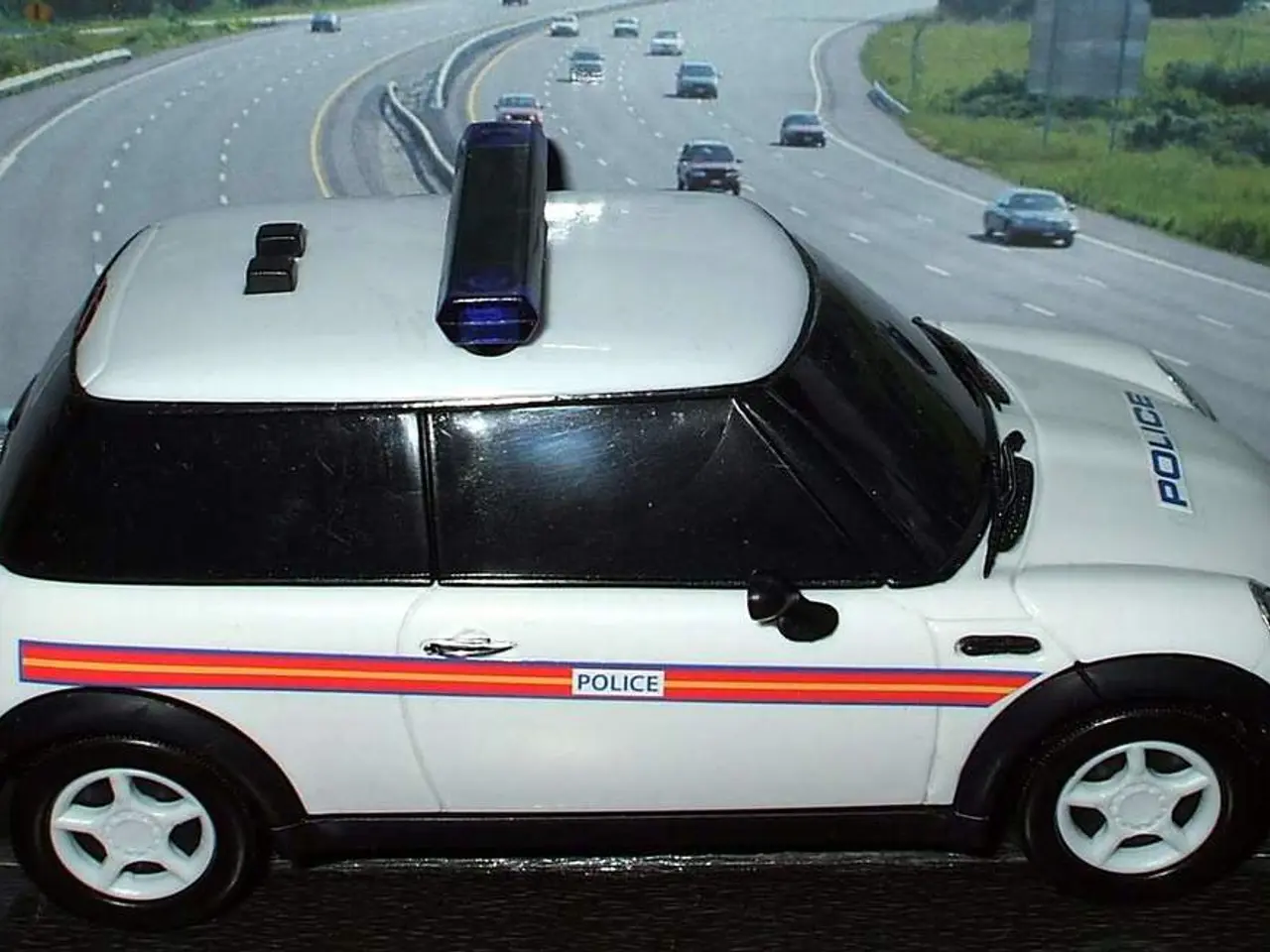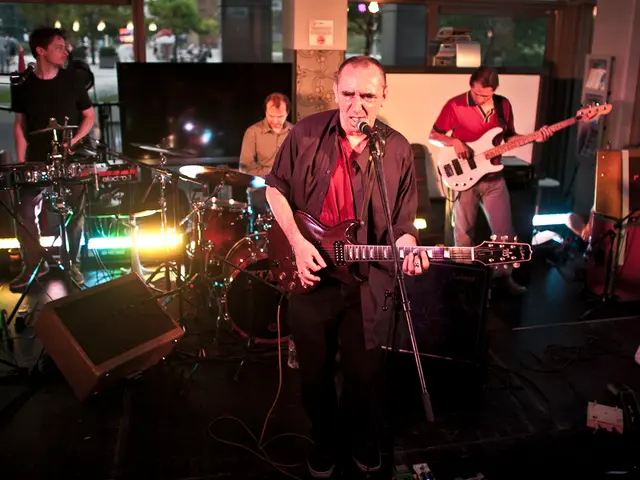District of Columbia in a State of Criminal Urgency Declared
In August 2025, President Donald J. Trump issued an executive order declaring a federal crime emergency in Washington, D.C., citing a surge in violent crime that allegedly endangered public safety, disrupted federal government operations, and necessitated urgent federal intervention.
Background
The District of Columbia had the highest violent crime rates among all states in 2024, with a homicide rate of 27.54 per 100,000 residents. Incidents included murders of embassy staffers, a Congressional intern near the White House, and attacks on federal employees. This situation was framed as undermining the functioning of federal government institutions, deterring recruitment and retention of federal workers, and threatening national security by destabilizing the nation’s capital.
Specific Actions Taken
The President invoked authority under the District of Columbia Self-Government and Governmental Reorganization Act to declare a crime emergency. The Metropolitan Police Department’s services were requisitioned for federal purposes, including maintaining law and order, protecting federal buildings, monuments, and property, and ensuring the orderly operation of the federal government. The Mayor of D.C. was directed to make the Metropolitan Police Department available to the President for these purposes.
The order delegated operational authority to the U.S. Attorney General, who is to monitor the emergency, provide updates, and recommend continuation or termination of emergency measures. The Administration also mobilized the D.C. National Guard (around 800 troops) and National Guard units from cooperating states, alongside deployment of 500 federal agents from DHS, FBI, and other federal law enforcement agencies to patrol the city streets and set up checkpoints.
Controversy and Opposition
The District of Columbia government contested the federal takeover, noting from their data that violent crime in 2025 was actually down significantly compared to previous years (26% lower than the same period in 2024). Critics raised legal concerns regarding the use of National Guard forces in a civilian law enforcement role, potential violations of the Posse Comitatus Act, and questioned whether the situation truly constituted an emergency justifying federal intervention.
The competing narratives between the federal government and local officials created a power struggle over control of the city’s police department. The District of Columbia also experienced the Nation's highest vehicle theft rate with 842.4 thefts per 100,000 residents.
Implications
The 2025 Executive Order remains a subject of ongoing debate, with questions about the effectiveness of the measures taken and the long-term impacts on the relationship between federal and local authorities in Washington, D.C. The order does not create any enforceable rights or benefits for any party, and its implementation is to be consistent with applicable law and subject to the availability of appropriations. The costs for publication of the executive order are borne by the Department of Justice.
- Given the decline in violent crime rates in the District of Columbia compared to previous years, as contested by the local government, some people hold the opinion that President Trump's declaration of a federal crime emergency was an overreaction in the politics of public safety.
- Amidst the general-news of the 2025 crime emergency in Washington, D.C., and the subsequent federal intervention, there is ongoing controversy and opposition regarding the legality of the actions taken, especially concerning the use of National Guard forces in civilian law enforcement roles, which may potentially violate the Posse Comitatus Act.








